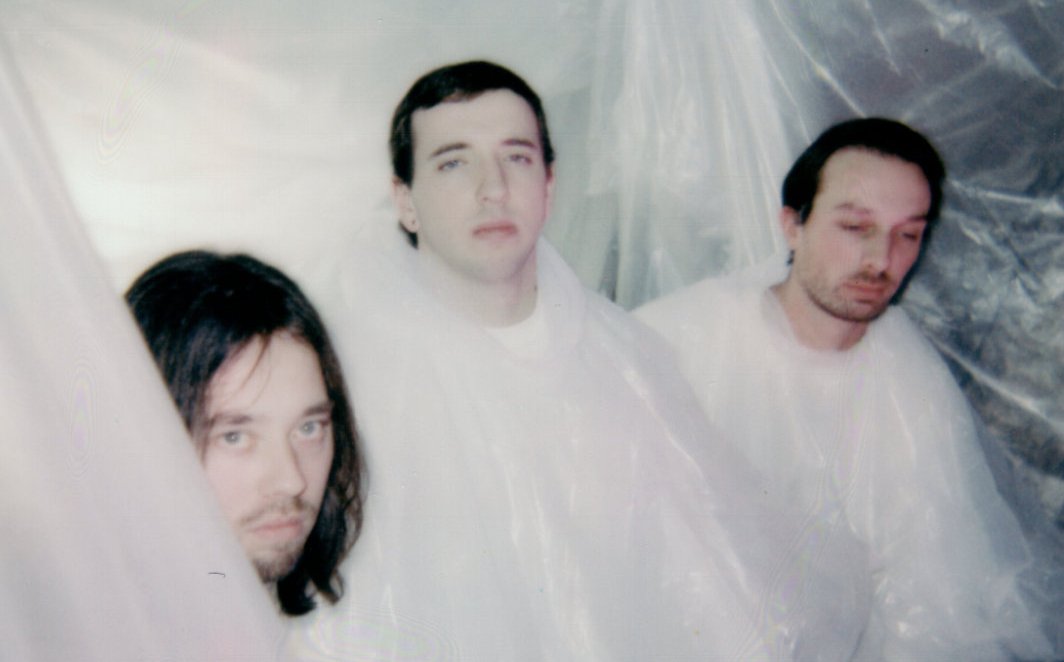I’ve absolutely loved Citizen since I heard their debut full-length Youth for the first time. The passion and intensity in the band’s approach to pop-punk managed to accentuate the emotions I was feeling at the time (that record came out during my ‘sad boi‘ college years – it was perfect!). Every song resonated with me, and I’d consider it to be one of my favorite albums of the 2010s. Years later, I still spin it every now and then in my car or on my record player, and when I do, I’m immediately transported back in time.
With that being said, nothing the band has released since Youth has fully captured my attention. Everybody Is Going To Heaven and As You Please were both good albums, but they didn’t have the same charm that attracted me to Citizen in the first place. As a decently relevant anecdote, I had seen them open for Circa Survive after Everybody Is Going To Heaven dropped, and the passion from both the band and the crowd completely shifted in a positive direction when they began playing material from Youth. However, I rarely give up on bands that have impressed me in the past, so I kept my hopes up for the band’s newest effort, Life In Your Glass World. After plenty of listens, I’ll say this up front: this album came damn close to stealing the throne from Youth.
Life In Your Glass World is a strange departure from the rest of Citizen‘s catalogue. While the band has usually been known for their emo revival sound that fits in with other recent pop-punk bands, the new record moves toward a more jovial and poppy attitude. The album’s first single, “I Want To Kill You”, is far more upbeat than what I was initially expecting, catching me off-guard during my first listen. Lately, so many of the punk-adjacent artists I’ve followed for years are crossing into a more accessible territory, and while this change doesn’t necessarily work for every artist, I think it boosts Citizen to a new level with Life In Your Glass World.
Take the album’s second single, “Blue Sunday”, as an example of the band’s experimentation. While the song still packs a punch with its driving drums and powerful bassline, the band incorporates a synth throughout, an element wholly new to Citizen‘s songwriting. The warm electronics of the synth add a lot of dimension to the track that never feels out of place, but it definitely is a notable and distinctive change-up. However, if you’re a purist who heard that synth and were immediately turned off to the new song, don’t worry: it’s actually the only song on the album to have that component. It wouldn’t surprise me if the next effort from the band uses even more instrumentation in their music, especially because it works so much with their brand of music.
Speaking of the band’s songwriting, I think the new indie rock vibe really works for them. Two of my favorite tracks on the album are “Thin Air” and “Black and Red” – both of those songs scream trendy summer music festival in the best way possible. They each have a bright timbre and an infectious vocal melody, possibly because the clean electric guitars are far more welcoming and less intimidating than the distorted power chords found on former records. To me, these two tracks seem the most digestible for both new and old fans of Citizen. They each manage to represent the transition into a poppier sound without going overboard and turning off the emo revival fans.
Although there are plenty of songs that showcase a new side of Citizen, there are still some that represent the classic sound the band is known for. “Glass World” is a (mostly) soft acoustic track that nicely shows that the band still has a sensitive side. It comes towards the end of the album, which is the perfect placement for this introspective track. It leads to another laid back track, “Winter Buds”, which is another slower song that plays around with dynamics. While the track lures the listener into a false sense of security, it soon explodes into an unexpected sludgy attack on the senses, which then quickly declines to a mere whisper. On the contrary to the subdued side, “Pedestal” possesses heavy drums and bass, and features vocals that include more shouting. The track never reaches a wildly intense climax, but it certainly displays the energy Citizen has harvested in the past.
In my honest opinion, Life In Your Glass World is the best album Citizen has released since Youth. Those are big words coming from any fan of the band, but I found myself really digging every track on this record, which is something I can’t say for the previous two albums. If you were surprised by the different mood presented by “I Want To Kill You” and “Blue Sunday”, go in with an open mind. Life In Your Glass World may not fully match the energy from the earlier records, but in my opinion, Citizen manage to perform indie rock in a strongly without entirely abandoning their roots. This is a success that is becoming increasingly less common, and I hope that other fans of the band agree that this new direction is welcomed.






